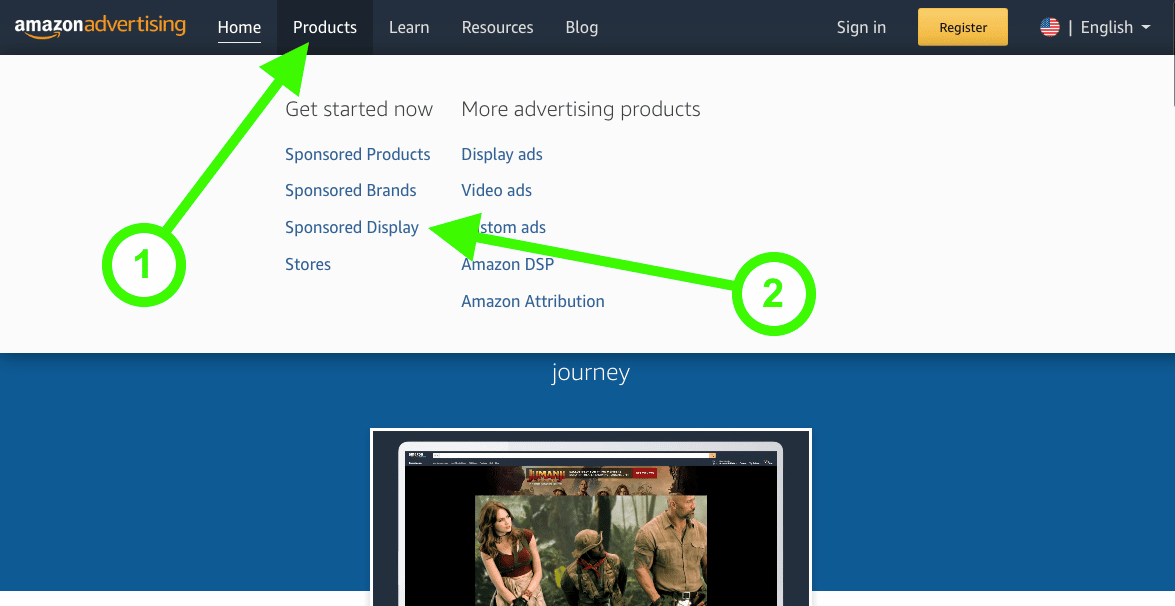
Amazon's influence has revolutionized how we shop for products. This shift has impacted brick-and mortar retailers as well e-commerce. It can also negatively impact customer satisfaction. This study examines how this phenomenon affects the electronics retailing industry. The study found that although online purchases have increased, physical shops have fallen in number. Furthermore, consumers have higher expectations regarding the buying experience. The Amazon effect is a significant development in the consumer electronics industry.
Increasingly more consumers are buying online
Amazon's effect has an extensive impact on consumer expectations. While online shopping has many benefits for retailers, some suffer due to the increased dependence of customers on physical stores. Amazon's effect on service levels is under investigation. Researchers also examine the interaction between service attributes and the customer experience. The preliminary findings of this study are not conclusive. However, the research must be expanded to include more topics.
According to a recent study by Feedvisor, ecommerce sales are on track to top $3500 trillion by 2025, representing 15 percent of all retail sales. The Covid-19 pandemic is likely to have accelerated this trend. Amazon accounts for 40% of all e-commerce purchases in the US and has driven half of the growth in retail in the last five years. Amazon is still a mystery, but some factors are explaining why people are switching to ecommerce when shopping.

Impact on brick-and-mortar retailers
The "Amazon Effect" is a term that describes the decline of traditional retail outlets. The success of Amazon has helped drive down the costs of running a store, providing a large product selection at incredibly low prices. Amazon also offers exceptional customer service, and a return program that is unmatched. Its customer-centricity means that it can better anticipate and satisfy customer needs than any other company.
The Amazon Effect is the name of this powerful disruption in the retail industry. Amazon's popularity has led many retailers to modify their business practices to match Amazon. Customers expect a more personalized and frictionless shopping experience. It is possible to achieve this with just a few clicks. Although this has had a negative effect on some brick-and mortar businesses, many have adjusted to the new reality.
E-commerce's impact
The Amazon Effect has had a significant impact on traditional retail outlets as it has on consumer buying habits. People are becoming more familiar with online shopping and prefer the convenience and ease of purchasing products. Online shopping gives shoppers the freedom to shop whenever and wherever they like. Amazon is likely to continue growing its share on the ecommerce market in years to come.
Amazon has already had a profound impact on the business community. They have not only driven down prices but forced traditional retailers into a new strategy. E-commerce has led to many new jobs. Amazon's impact upon e-commerce is likely to vary from one industry or another. However, one common thread throughout is the importance of keeping an eye on Amazon's changing business practices.

Impact on customer satisfaction
Amazon's effect on customer satisfaction can have far-reaching consequences. It has influenced consumer expectations for retailing by establishing higher standards than those of other retailers. It has raised consumer expectations in ecommerce. As consumers place their loyalty and satisfaction on Amazon, so too has it. Amazon-related attributes can be seen in the consumer's expectations of other ecommerce retailers. This is problematic because consumers will always expect a certain level of service.
But, the critical missing piece to research is the importance of service attributes. Customers are more satisfied with service quality than they are with price. A recent Facebook poll revealed that customers thought Amazon provided better customer service than other online retailers. As a result, these customers were dissatisfied with other consumer electronics retailers. To assess brick-and mortar retailers, customers also use Amazon's services.
FAQ
Are there any other things I should know when buying clothes online?
Before buying clothes online, there's a lot you need to know. First, you need to know your size. It might seem obvious, however most companies do not provide this information so you will have to guess.
Remember to be aware of shipping charges. Shipping costs vary depending on what item you have ordered. Be sure to track where your package is headed. Some items ship directly from manufacturers while others are shipped through third-party warehouses. This can affect delivery times.
Finally, read reviews carefully. There are many instances of poor experiences. Don't allow someone else's experience to influence your own.
What are the pros and cons of shopping online?
Online shopping offers many benefits to both consumers and retailers. Online shopping offers convenience. This allows customers to shop whenever they like. Because you don’t have to go into shops to shop, there are less restrictions on what you can buy. There are some disadvantages. Online shoppers don't always know what an item costs before they purchase it. This could lead to them spending too much. Another disadvantage is that customers may feel safer buying from big box stores because they're used to seeing products in person. Additionally, customers who order something online will not be able to return their product. Finally, brick-and/or-mortar businesses may feel the pressure of online shopping as they might lose business due to online competition.
Are you a believer that coupons should be used at grocery stores?
Coupons can be a good way to save money. However, you also need to remember that you can't expect to get every single discount possible. It's best to match coupons with prices on sale.
To maximize savings, you can stack coupons together. Combining two $2/1 coupons could result in a single $4/3 coupon.
Statistics
- Beyond that, you'll be liable for a 25% import tax. (makeuseof.com)
- Your Online Purchases 79% of Americans purchased goods and services online in 2018, which is expected to exceed 90% in 2023. (meetfabric.com)
- Last Black Friday, I bought a stove from Lowes at 40% off, receiving 24 months of interest-free financing (from Lowe's). (meetfabric.com)
- The vast majority only change a password to protect privacy a few times a year (27 percent) or, more likely, never (35 percent). (pcmag.com)
External Links
How To
What are safe online shopping skills?
Secure online shopping is something that everyone who shops online should know. It's also great to learn how to buy from different websites without getting scammed.
This article will help you to understand how to shop online for items. This article provides all the tricks and tips you need to avoid falling for scams.
-
Do your research. Before you decide to shop online, it's essential to do your homework first. You can read reviews about the company and look for feedback from customers. Refer to friends for suggestions.
-
You can shop around. Compare prices between several sellers if you are unsure about the reputation of a particular store. Use price comparison tools like Amazon Price Checker, Google Shopping, and Amazon Price Checker to help you compare prices. These tools will allow you to find the lowest priced retailers.
-
Watch out for red flags. If you are browsing product pages, look out for red flags. Many fake websites use misspelled words or grammatical errors. These fake sites may also sell counterfeit products or display insufficient products.
-
Pop-up windows can be dangerous. Some websites use popups to collect personal data like passwords and credit cards numbers. If you encounter one of these, close them immediately by pressing "escape" or choosing another browser window.
-
Ask yourself questions. Consider the following questions when you visit a website: Is it trustworthy? Do I get what I need from it? Can I trust those behind it?
-
Don't share your personal information. If you initiated the transaction, don't give out financial information, such as your Social Security Number, bank account number, and credit card details, over the phone or by email.
-
Do not click on links in emails. It is easy to click on an email link and land on a phishing website that appears exactly like the real thing. To avoid this type of fraud, only open emails from trusted sources (such banks)
-
Use strong passwords. Strong passwords should include symbols, numbers, letters. It is important to keep your password confidential.
-
Take care when downloading files. Always download files from their source, not from email attachments. Never open attachments received from unknown senders. And if you receive an attachment that asks you to install software, delete it quickly.
-
Report suspicious activity. If you suspect your identity has been stolen, contact your local police department immediately. You can also file an FTC complaint.
-
Protect your device. You should have anti-malware software installed on your computer. It could protect you from hackers gaining access to your private information.
-
Senior scammers to watch out for Scammers targeting seniors are particularly vulnerable because they have less ability to recognize fraudulent messages or websites.